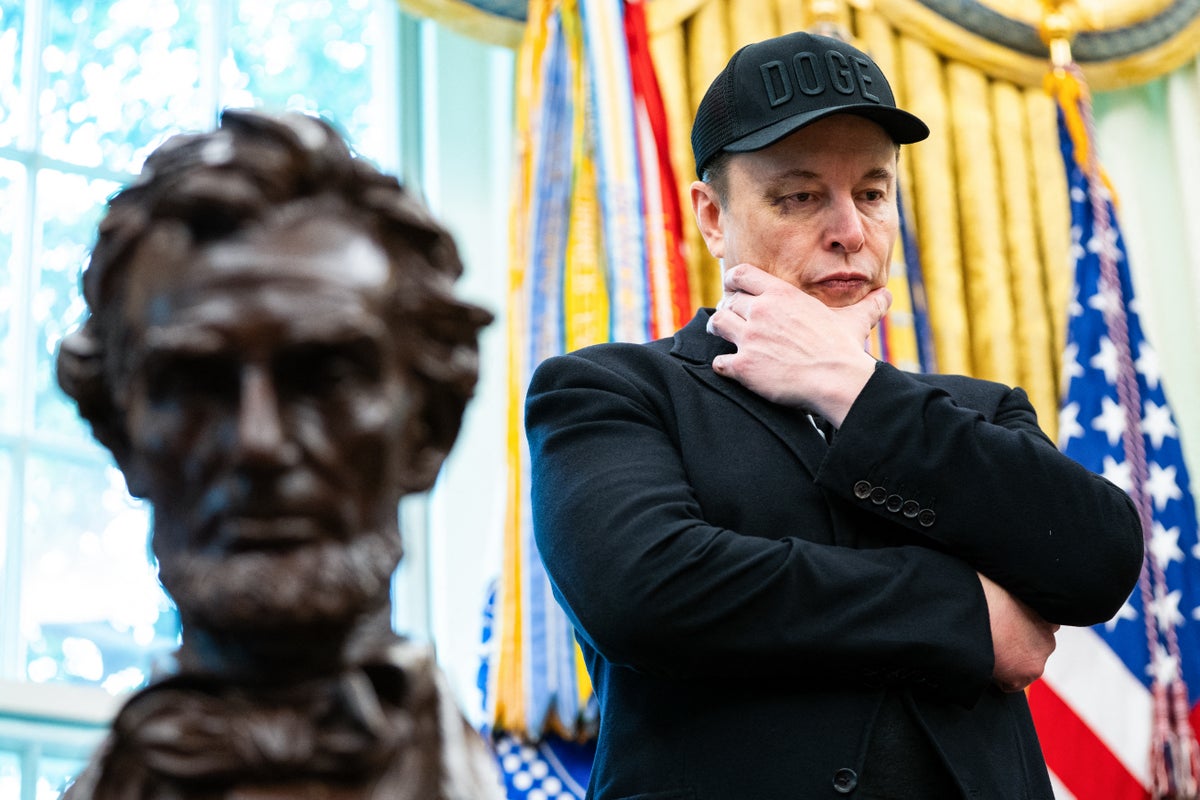
Just over a month since he departed the White House, Elon Musk claims to have formed a new political party — but even the world’s richest person could face some insurmountable challenges with this new venture, experts warn.
Despite leading the Department of Government Efficiency in Donald Trump’s administration for four months, Musk has publicly split from the president as of late, most recently criticizing the “big, beautiful bill.” On Saturday, the tech billionaire announced on X, the platform he owns, that he was forming a “new political party” – the America Party.
Musk has detailed how this new party would infiltrate the country’s long-standing two-party system.
“One way to execute on this would be to laser-focus on just 2 or 3 Senate seats and 8 to 10 House districts,” he explained. “Given the razor-thin legislative margins, that would be enough to serve as the deciding vote on contentious laws, ensuring that they serve the true will of the people.”
Fellow billionaire Mark Cuban and Trump’s former White House Communications Director Anthony Scaramucci have encouraged the idea. But history and institutional barriers suggest it would be unlikely that the “America Party” would succeed, experts say.
“Third-party movements in the US have generally arisen out of some sort of set of deep-seated grievances,” Alan Abramowitz, a political science professor at Emory University, told CNN. “It was not just some wealthy person who’s decided they wanted to start a third party.”
The Democratic and Republican parties aren’t the only ones to exist — but history shows alternative party candidates fail to gain traction in presidential elections. Even prominent Independent Senator Bernie Sanders caucuses with Democrats.
Jill Stein, for example, served as the Green Party’s presidential candidate in 2012, 2016, and 2024. In 2024, she earned 628,129 votes, but no electoral votes. Then there’s Ross Perot, who ran as an independent in 1992 and 1996. During his first run, he garnered 19 percent of the popular vote — but still didn’t earn an electoral vote.
“Perot did amazingly well … but he didn’t come in first in any state, and the way the electoral college works, that means he’s got nothing,” Hans Noel, a professor at Georgetown University researching political parties and ideology, told the Washington Post.
The most successful third-party candidate in U.S. history was none other than a former president: Theodore Roosevelt. After serving in office as a Republican, he ran again in 1912 as a Progressive Party candidate, garnering 88 electoral votes. He lost to Democrat Woodrow Wilson. More recently, in 1968 George Wallace, who ran as an American Independent candidate, earned 45 electoral votes; Republican Richard Nixon won 301.
Following Musk’s announcement, some also pointed to more recent examples of third-party runs, like the “No Labels” party, which failed to find a centrist candidate to take on Donald Trump or Joe Biden in the 2024 presidential race.
Republican strategist Melik Abdul responded to Musk’s tweet: “’No Labels’ was designed to do the very thing you’re suggesting. It, too, was a dud.” Abdul added: “You have the resources to buy influence but lack the charisma and political gravitas to lead a [movement].”
But Musk’s resources alone may not be enough to secure a new political party due to donation limits.
“One very wealthy individual cannot capitalize a new national political party, the way he might start a business, because of federal contribution limits,” former FEC chair Lee Goodman told CNN. “The prospect of a wealthy founder seed funding a national party to participate in federal elections around the country is not feasible in the current regulatory system.”
Musk may have spent more than $250 million helping Trump get elected during the last cycle. But different rules apply to political parties, Bradley Smith, another former FEC chair, told the outlet: “You can fund super PACs all you want. But you can’t fund a political party, as a strange part of American law.”
Abdul’s remark that Musk lacks charisma may also serve as a barrier to building a new party. Recent indicators suggest he’s not too popular.
Treasury Secretary Scott Bessent took a dig at Musk’s new party announcement, telling CNN’s Dana Bash on Sunday: “The principles of DOGE were very popular. I think if you looked at the polling, Elon was not.”
A Quinnipiac Poll taken last month shows just 30 percent of voters have a favorable opinion of the tech billionaire while 57 percent have an unfavorable opinion of him. Among Republicans 62 percent viewed Musk favorably. Some predicted the billionaire could split the GOP vote.
“Third parties do not tend to have a long lifetime in American politics. Often, they are bugbears to one particular party, and this might be the case with Musk’s proposed America Party,” Dafydd Townley, who teaches at the University of Portsmouth, told Newsweek. “If anything, the new party would likely split the Republican vote, potentially resulting in a Democrat-dominated House of Representatives, at least in the short term, due to the winner-takes-all electoral system.”
If anything’s certain, the rocket-building Musk doesn’t shy away from a challenge. He appears confident in fighting what appears to be an uphill battle. In response to an X user posting about how he could “break the two-party stranglehold,” Musk replied: “Not hard tbh.”
